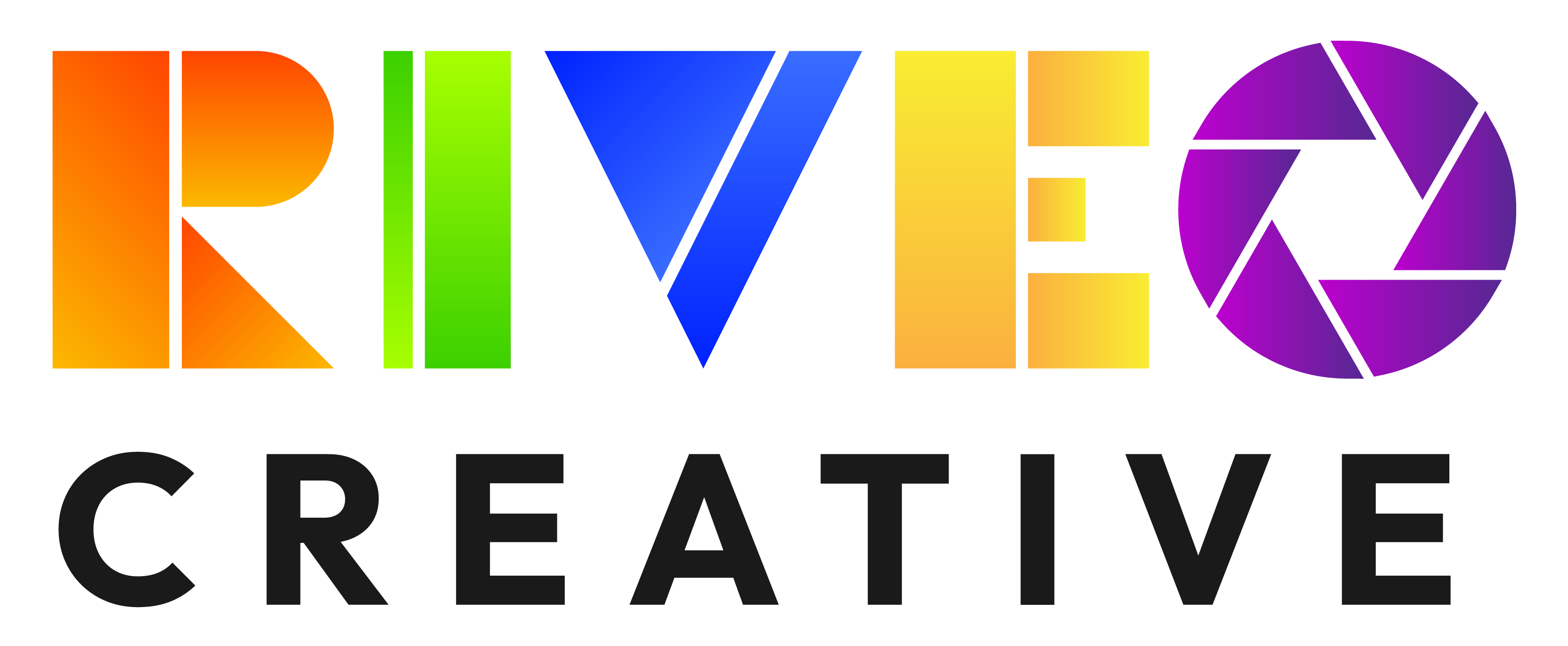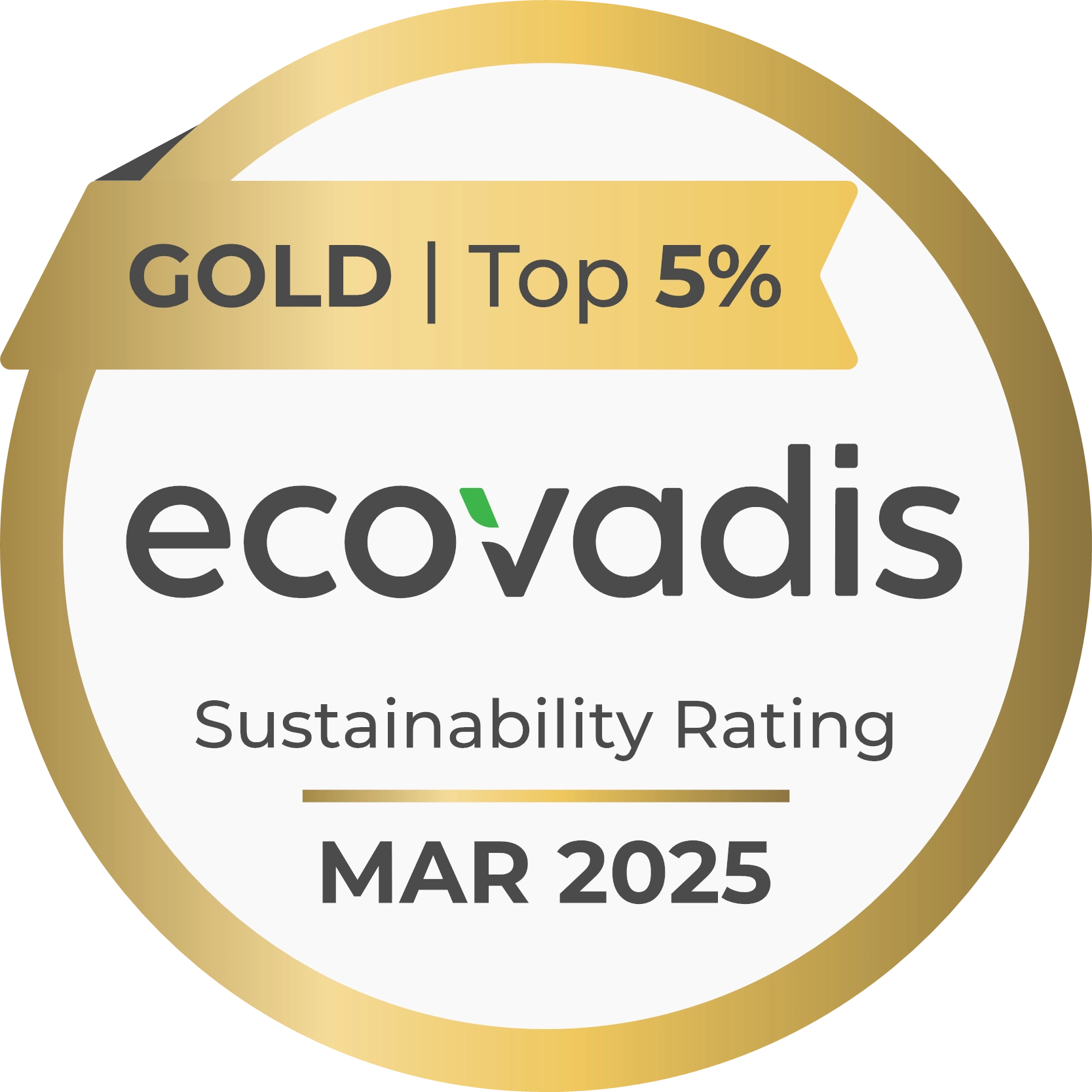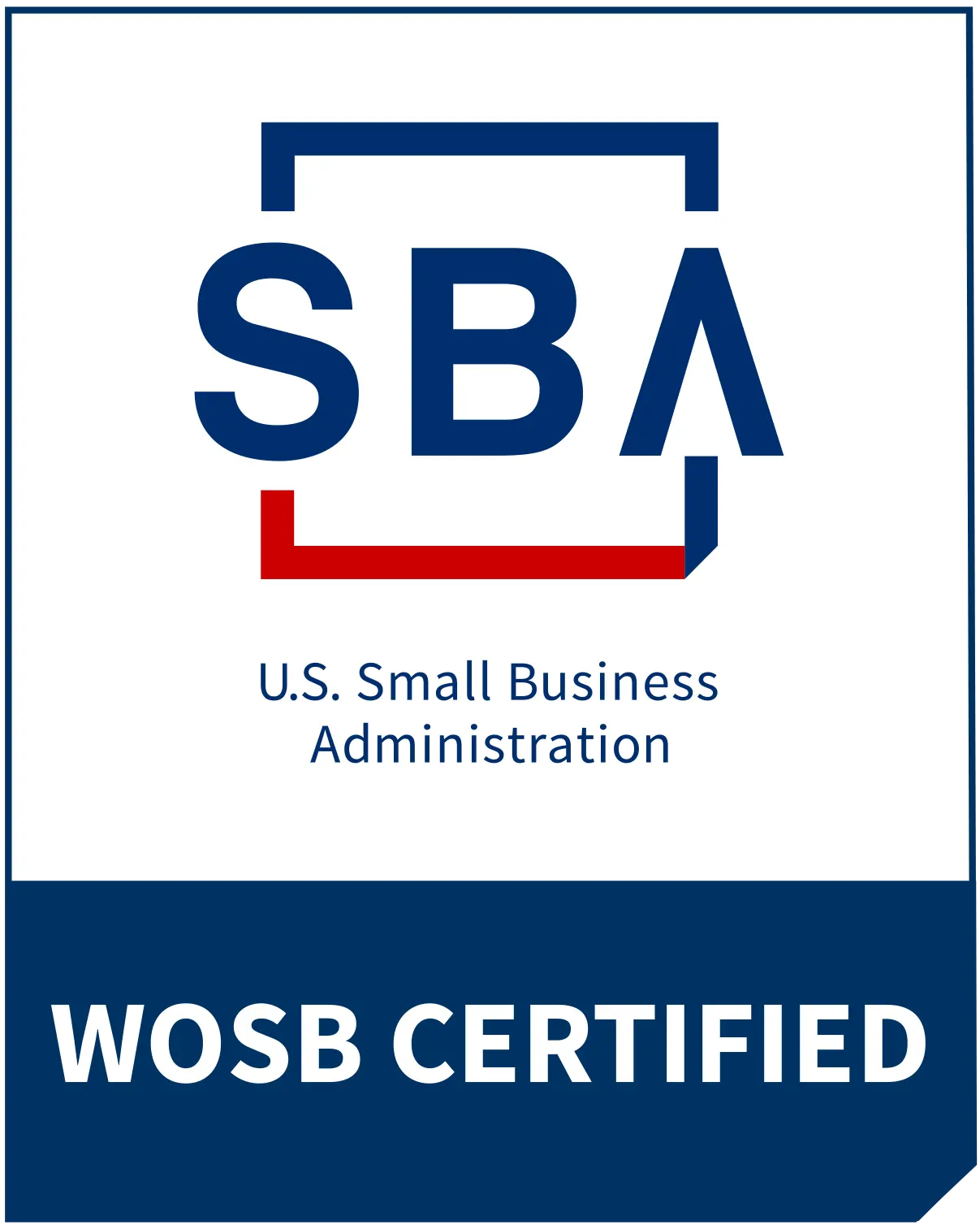In this episode of Amplify, Elin Barton chats with Emellie O’Brien about making your company more sustainable.
Emellie works primarily in the film industry, which is not the most sustainability-focused. They recycle water bottles, but they don’t recycle props & sets, don’t use clean energy, etc.
Emellie O’Brien is out to change that.
Emellie O’Brien is the Founder/CEO of Earth Angel. She is a pioneer of the sustainable filmmaking movement, working with major motion pictures and television series to cut carbon and costs since 2011. After her sustainability leadership on The Amazing Spider-Man 2 contributed to it being acclaimed as “the most eco-friendly blockbuster in Sony Pictures’ history,” she founded Earth Angel in 2013 to expand her expertise and impact. An inaugural Tory Burch Foundation Fellow, Goldman Sachs 10,000 Small Businesses alum, and 2018 Inc. Magazine 30 Under 30 Rising Star, EOB also speaks around the world on the topic of sustainable production. She holds a B.F.A. in Film & Television from NYU and sits on the board of Young Entertainment Activists and the Production Initiatives Association.
Time Stamps:
0:53 – Story Behind the Name Earth Angel
3:22 – “Will the business last?”
4:57 – Fighting for a Voice
6:39 – COVID and Sustainable Film Sets
8:46 – How Earth Angel Scaled
12:25 – Getting Productions Excited About Sustainability
16:12 – Future of the Film Industry
19:32 – Earth Angel’s Marketing
22:03 – Using Video Content
24:06 – One Change Earth Angel Would Make in the Film Industry
26:53 – Small Businesses Being Sustainable
30:09 – Final Comments
Full Transcript:
Elin Barton 00:13
Welcome to Amplify, the video series where we interview thought leaders about best practices, trends and their experiences in creating engaging campaigns. Today I’m excited to speak with Emellie O’Brien, the founder and CEO of Earth Angel, a company that specializes in creating sustainable productions for film and television. Emellie and her company have worked on many high-profile productions over the years, bringing expertise in the reduction of environmental impact to the entertainment industry. We are honored to have you, Emellie O’Brien, welcome to Amplify.
Emellie O’Brien 00:50
Thank you so much, Elin. Happy to be here.
Elin Barton 00:53
Yeah, well, I’ve got so many questions for you. And sustainability has really become super important to us at our company. Well, let me start out talking about your company and your name origin story. It’s got a fun, you know, background to that. It comes from a nickname of yours. Tell us the story.
Emellie O’Brien 01:12
Sure, yeah. So I actually went to NYU to study film and television. I thought that I was going to become this big, big shot producer, right? This the big dreams and goals going into film school. And it was while I was studying at Tisch, and I started interning at Focus Features back when they were headquartered in New York, that I started to work on their Focus on Green initiative. And I started to learn about the very early days of the sustainable production movement. And I got connected to a producer at Big Beach Films, who was starting up a feature film in New York. And I basically solicited to him, “Can I green your production?” And without really even knowing what that meant at the time, he was very gracious and said, “Sure, I’ll, let’s, let’s take a shot at this and see what happens.” And it was on that film set, my very first time working in sustainability and production in the summer of 2011, where I was at the craft service table, and I was sorting through the trash, separating the recyclables and the organic wastes for composting and etc, when a crew member, a crew member on that production came up to me, and was just sort of baffled was like, “What are you doing? What’s, what is happening here?” And I explained to him my role, and I was here to make the production more sustainable. And he just looked at me and said, “Huh, you’re some kind of an Earth Angel.” And lo and behold, other people in the crew kind of picked up on this. I started getting called this on walkie. And then once you’re called something on walkie, that’s it, that’s your name forever. So it became my nickname on sets when I was just freelancing as a sustainability coordinator on on productions. And so when I decided to launch the business, officially, it was kind of a no brainer, what we were going to call it.
Elin Barton 03:16
Oh, that’s awesome. And what year was that?
Emellie O’Brien 03:19
I launched Earth Angel in 2013.
Elin Barton 03:22
2013. Okay. So, um, at that, so a lot has changed in sustainability during the past 10 years. At that time, did you, was it clear to you that this could be a sustainable business model? Or were you, was there still a lot of doubts around whether this was going to work as a business?
Emellie O’Brien 03:43
Yeah, I think there were a lot of doubts initially, mainly, because we just didn’t understand at that time, what the actual impact of production was there, you know. There was not large data sets around what the carbon footprint was, and what all these environmental metrics were. We now have a lot of that information and data. And a report was actually published in March of 2020, that collated some of the data from the large studio productions and gave averages of you know, this is what a Hollywood tentpoles carbon footprint might be. This is what hour-long scripted drama, television series might be. So we’ve come a, an enormous way in that regard. But yeah, initially, it was just kind of, what even is the footprint? What is the impact? How do we quantify this? We’re such a transient industry, you know, we’re, we’re only around for, you know, days, weeks, months at a time then we dissolve. So kind of figuring out how to tackle this on the production model, I think was one of the biggest challenges first.
Elin Barton 04:57
And at that time, did people know that this was important? Were they acknowledging that, or I’m sure that that’s gotten like a lot higher priority as the years have gone on. But was that a fight, just letting people know that this is important?
Emellie O’Brien 05:11
It was an enormous fight. Elin, it was enormous. I, when I would talk to a lot of producers and production managers about this, in the early days, I would just kind of get that blank faced stare, you know, it’s like that of just. The sentiment really was, you know, “It’s, this isn’t in my job description. My job is to produce this film or television series on time and within budget. That’s my job description,” you know. And so I think people really didn’t get that at first, it took a lot of climate communication tactics at work there. But a shift really happened, I would say, kind of late 2019. And I noticed this, it was a really tangible shift. Because most of the time when I would have these early preliminary conversations with producers, you know, I’d be on a call with them or in a meeting. And I’d have to spend the first 15 minutes of the conversation talking about the why, why climate change is an issue, how our industry is contributing to it, why we all have a role to play in this. And then I noticed this shift where all of a sudden, people were like, “Yeah, yeah, I get it. Like, now tell me about the how, like, how are we addressing it?” Right? So it was, it was very tangible. It was like, oh, okay, there’s a level of awareness now, where I get to kind of leapfrog and really get into the meat of the discussion, which is okay, now, what are we going to do about it? And how are we going to address it?
Elin Barton 06:39
Yeah, that’s really cool. And then the pandemic came. And how, was there any difference that you noticed? Obviously, everything shut down during the pandemic, but then afterwards, were people. Did they have to be reminded why this was important? Or were they right back into it, you know, ready to be more sustainable and earth friendly?
Emellie O’Brien 07:01
Yeah, I was, I was really concerned when production started to come back online with the new COVID restrictions, that this was going to be kicked back to the backburner and not prioritized. But I have to say, pretty much all of our productions brought us back with them. Even you know, with all the added COVID requirements. We had to make adjustments to our approach, certainly. But it wasn’t deprioritized in the way that I was afraid it would, it was going to be deprioritized. So I was very optimistic about that. However, I think the challenge now is with a lot of the COVID restrictions lessening is about kind of illuminating how the industry completely changed the way it worked in a matter of months. You know, all of a sudden, health and safety departments existed, COVID budget line items were added, testing, you know, and PPE like all all of these resources were allocated to address COVID like the crisis it was, right? We addressed it like the public health crisis it was. Now what I think is really the communication tactic that we’re trying to deploy in the industry is we need to address climate like the crisis it is, in the same level of urgency, in the same level of resource allocation. That isn’t quite there yet. And that’s what I would love to see accelerated. Because, you know, while we have come a long way in tracking and understanding what our impact is, there’s still a lot of work to be done in in reducing it and you know, achieving net zero.
Elin Barton 08:46
So you designed your company, I believe, so that you could be scalable. You know, from the beginning, you’re always thinking like that. Can you kind of talk about that a little bit? Like, did you, How did you know that that was going to be important? And then what were some of the things that you put in place, so that you could scale? I mean, I know that you, well, you can tell us but you’ve got like international expansion now. Back when we were talking years ago, you’re you were doing some work overseas. And, and, you know, you’ve got all kinds of things going on. So how did you like, how were you able to set that up?
Emellie O’Brien 09:25
Yeah, great question. I mean, we’re still actively scaling and figuring out how to scale in a in a conscious way. Right? I think that’s the real challenge for a lot of businesses. But, you know, for me, I was always a very kind of process-focused person, right? Like we’re gonna experiment with a process. We’re going to see how this works when we you know, work with the electric department in this way to try to reduce our energy consumption or work with the catering department in this way to try to, you know, reduce our waste consumption, whatever it is, and kind of documenting processes. That, to me is like one of the most critical components of how Earth Angel has scaled historically. And, you know, being a consulting agency, people are coming to us for that knowledge and that expertise, right. So with every new hire that we’re making, as we’re expanding, I need quick and easy ways to download to these new hires, well, here’s how it’s been done before, here’s your ways that we’re still, you know, doing a lot of R&D and innovating where there’s opportunities for improvement. People have to be kind of able to jump in and understand, you know, what, what’s worked and what hasn’t worked. And, and so that, to me, has been a really critical component of scaling as a service-based company, right? I think service-based and product-based companies scale in radically different ways. And so that’s been a lot of what I’ve had to learn. And then, you know, scaling consciously as well, has been a big part of this. So, you know, we saw a lot of growth, in that kind of, after productions figured out how to shoot during COVID period, which I’m very fortunate for, like, there was a real kind of market demand for this service in a way that there had not been. And I think we learned a lot in that period, in terms of what it takes, in terms of resource allocation, to all of a sudden service double the amount of productions that we were servicing previously. So it was a lot of trial and error, you know, there’s a lot of mistakes that get made certainly along the way that you learn from and you grow from. But we’ve also put a tremendous amount of effort, you know, and I really give a lot of credit to my director of operations and culture on this, in, you know, scaling the company in terms of our our culture, and and how are we making this an amazing place to work for everybody. And that’s always something that’s kind of top of mind for me. And, you know, in terms of attracting talent, retaining talent, that’s been a really big focus for us in this kind of, like, next year of scaling as well.
Elin Barton 12:25
Yeah, that’s awesome. And making that a priority is something I think a lot of companies miss the mark, when they forget that part. So you know, kudos to you for making that important and keeping that important as you grow. How do you. So you kind of explained that this idea of sustainability is much more widely accepted, and people are certainly hearing news and, you know. It is really not in question of why we have to do this, or if we have to do this, we just have to get on this train. But that said, when you’re coming into a production, is there some kind of process you go through or some kind of tricks you have to kind of like, get the production company excited about, you know, kind of being part of the team and working with you?
Emellie O’Brien 13:19
Totally. You know, a lot of working in the sustainability space is about meeting people where they are. So if I have, if I’m working with example, for example, a producer, who’s very enthusiastic about sustainability efforts and measures, I’m gonna take a different approach than if I’m working with someone who’s never encountered this before, maybe is a little more skeptical, you know, has never seen it in action before. So it’s, it’s a lot of, you know, kind of understanding your audience, I guess, in that way. But some of the tools, you know, that I would, I would use are, you know, let’s say, like a skeptic, more of a skeptic. You know, I focus a lot on the business case. So, we’ve shown that if you really adopt these initiatives in the fullest capacity, more often than not, there are cost savings to be had, you know. Areas where we’ve seen this, for example, is when we’re able to reduce our fuel consumption, by, you know, renting more hybrid and EV vehicles, downsizing the size of our generators that we need or opting for all, you know, alternative electric generators. All of these have cost savings potential because we’re no longer spending all that money on fuel. So it’s about kind of challenging people to maybe rethink the way things have been done in the past and showing the kind of cost benefit of these measures. Now all of that requires kind of being able to get in on the ground floor early enough to influence those discussions. And so I think that still kind of remains a challenge for us. But when you get in early enough, it’s also an opportunity to get people more excited, because they’re not bogged down in the weight of, “Oh, no, we go to camera in two weeks, and, you know, everything’s still kind of a mess to organize before then.” You know, if you get people when they’re calmer, and earlier in the pre production phase, they can think about it and kind of digest it in a more strategic way, basically, you know, because we work with really, really creative people all the time, you know. The creative sector is just, you know, there’s no limits to what we can achieve. So being able to kind of tap into those people’s creativity and energize it and excite it, I think, is essential. But it’s got to happen early enough before they’re in kind of panic mode.
Elin Barton 16:05
Yeah, I thought you were gonna say “We work with really, really stressed out people.”
Emellie O’Brien 16:10
Oftentimes, that’s true. Yeah.
Elin Barton 16:12
Yeah. Well, that’s a great, you know, great explanation. And coming in early makes a lot of sense. Looking into your crystal ball, where do you see looking at the future of the film and television industry? Where do you see kind of like the environmental impact, sustainability? Where do you see all of this going, eventually? We’re just going to be making AI films with no set, with no actors, no craft services?
Emellie O’Brien 16:39
Yeah, it’s a great question. I mean, yeah, the power of virtual production now is really, I think, challenging the MO of how how productions have been made. I’m really curious to kind of see how that progresses. But I think that, you know, kind of the, the immediate thing that’s on people’s horizons right now is the focus on decarbonisation. And we know that fueling is the number one source of any production’s carbon footprint, whether that’s fuel from the passenger vehicles that move the people around, the generators that power the sets, you know, or the fleet of vehicles moving equipment around. It’s, it is our biggest challenge that we’re up against. So I think that, you know, we’re already starting to see this, but I only think it’s going to scale, the amount of like clean energy and clean technology that we’re deploying; really cool advancements happening in that space. You know, actors, trailers now being run completely on solar, you know, things like that. And the elimination of the diesel generator on set, I know is something that everyone’s really kind of zeroed in at the moment. So I’m excited about that potential. I’m excited about a stronger kind of circular economy approach in our sector as well. There’s a lot of, you know, the take-make-dispose, linear economy, happening in our world, mostly because of the pace that we have to move. But I think that there’s opportunity to kind of explore more circularity solutions, more creative reuse solutions. So I, I’m really energized by that. And then I also think another really key component is the social side of sustainability, right? It’s not just about environment. It’s about the three P’s, people, profit, and planet. And I think that the social side is also really exciting. So how do we get to more humane work hours in our industry? How do we make it so that, you know, it’s more equitable, and women aren’t having to leave the workforce and, you know, there’s more racial and gender equality and inclusion initiatives, both like in front of the camera, and behind the camera? I think all of these things are kind of coalescing in a very, you know, interesting kind of tipping point time. And I and, you know, I think the conversation really needs to be about, this is, this is all about future proofing the industry like making it so it’s sustainable, so that we can continue to tell these stories and be creative professionals for many, many years to come, and in a way that, you know, includes a diverse representation of stories too.
Elin Barton 19:33
Emellie, so much great content, I’m really excited to be having this conversation. But I want to switch gears. Because, you know, I’m a business owner, you’re a business owner. And one of the realities of being a business owner is you have to market your business. Even when you have a relatively unique business as you do, you know, you still have competition, you still have to educate people. So what kind of marketing have you done that’s been successful for Earth Angel?
Emellie O’Brien 20:02
Sure, yeah, we’ve had a big emphasis on event marketing. We find that, you know, when it comes to reaching our target audience of, you know, film and television, producers, studio executives, you know, folks of that nature, being able to have those really personal interactions and tell the story of what we do, and show the examples of what we do, I think has really had tremendous value. So an example of this is, we partner with the Hollywood Climate Summit, we’ve been partnering with them for the past few years. And we host as part of the summit, the big sort of networking cocktail hour event that we call Eco Bash. And it’s a way of like, inviting a lot of influencers, decisionmakers into this space, kind of showcasing what it is that we’re doing. And just inviting, you know, more dialogue and awareness around this. So that’s been a big part of what we’ve done. And then we’ve since started to launch pop ups, Eco Bash pop ups. So we just did one at the Sundance Film Festival in January, which was really successful. And so that’s been a big, a big focus for us. I also have to give a ton of credit to my director of marketing and publicity, and her team, because they have just done a phenomenal job of kind of getting this message out there to, you know, our industry trade publications, and we’ve been really blessed to have some articles written about us and, you know, in the trades, like Variety, The Hollywood Reporter, etc. So that’s been great exposure. And they do a phenomenal job to with just our, our digital marketing, like the website looks amazing, the social media, the newsletter. I give all the credit to them. My marketing and publicity team, they’ve just done a really phenomenal job with that.
Elin Barton 22:03
That’s absolutely awesome. And I know you have these great events and everything, which is kind of like, I want to say it’s uniquely yours, you certainly do make the events uniquely yours. So we always like to ask our guests if they have used video content. And if that’s been helpful for them. Have you guys delved into that world? And in what ways has it been helpful?
Emellie O’Brien 22:28
We have a bit, actually. So at the event that I just mentioned that we’ve been hosting, now annually, Eco Bash, we tend to do like a sizzle reel, video content. Because I think with a lot of what we’re doing, because it’s a new concept to people as well, people are like, “Sustainable production consulting agency, like what does that mean?” You know, it’s not something like, you know, I provide plumbing services, and people understand what that means right away, like, there’s a lot of kind of explaining what that is. So we try to do more showing rather than telling. So kind of capturing, you know, it’s hard to capture video content of what we do on our sets, kind of, in real time, because of the like non disclosure, you know, agreements that we have to sign. But we do get a lot of kind of photo content that we’ll kind of clip together and, and, and make good reels out of. We’ve dabbled in stuff like Tik Tok. I am not a Tik Tok-er personally, but doing more of that kind of like really quick, to the point reels that also kind of have more of an education slant to them as well. I know that that’s been, you know, we’ve gotten a lot of traction and, you know, follows and interaction from that. So so that’s something we’ve looked at more of as well. But I think there’s certainly more opportunity and room for improvement to expand.
Elin Barton 24:06
Sure. I mean, I can imagine video working really well for you just because you’re so passionate, knowledgeable, authentic. If you were to be in the videos that would certainly come across in your team as well. So yeah, well, more to come on that in the future. That’s, that’s exciting. What do you think if there was one thing, one change you could implement by snapping your fingers right now, implement a change across the film and television industry, and you think it would make a huge impact, what would that be?
Emellie O’Brien 24:41
I think it goes back to what I was saying before about the resource allocation. If we can allocate resources to a sustainability budget line item, really a sustainability department line item in the way we did with COVID and health and safety, it would be such a game changer. Because, you know, the reality is that there are green premium costs associated with some of the sustainability efforts we’re taking, you know, the cost of renting a hybrid or EV is more than the cost of renting an internal combustion engine vehicle, as an example. So even if you do see those savings on the back end, I think there needs to be a stronger resource allocation, a leveling of the playing field to encourage people to, to kind of take that jump. And if there were that kind of safety net of a fund allocation, I think people will be more inclined to do so. So I think that’s, that’s a big component of it. Yeah, I mean, there’s so many different things I could say. But another one I’ll mention, too, is if we were to integrate sustainability measures, with the film tax incentives. So you know, many of the states have very enticing film tax credits that draw these major productions to their states. And, you know, they get a rebate on the qualified spend for the economic output that they’re bringing. You know, they’re creating jobs, they’re, they’re, you know, lots of small businesses are benefiting from those productions being there. If there could be a link to making those productions more sustainable, in addition to qualifying for a tax incentive, I think that would be a complete game changer for the industry, which is something that we’ve we’ve been paying really close attention to, and trying to advocate for. It’s a very political process, of course, but I think that there is really strong potential there.
Elin Barton 26:53
Yeah, that would be amazing. You know, that’s something I would love to see too. That’s a great idea. What about for, like a smaller, mid-sized company, not necessarily in the film industry? Are there, you know, maybe even small things that the average company could do to reduce the carbon footprint or become more climate friendly or sustainable, that you could maybe things people wouldn’t think of?
Emellie O’Brien 27:22
Yeah, absolutely. I mean, I think an easy thing, an easy switch that anyone can really look at is, is their sourcing and their kind of purchasing policies. Like what are the, what are the goods and materials that you are sourcing as a company? And are there ways to shift your dollars to more a more sustainable alternative? Whether that’s something really simple, like recycled content paper, in your, you know, office, or eliminating single use plastics in your break room. I think that’s kind of a universal, kind of low hanging fruit, that we’re always asking people to think about, because we vote with our dollars every day. And so if you’re more conscientious about what you’re spending your money on, or if there’s sustainable certifications, like in our industry, with film and TV, we look to the Forest Stewardship Council certification, FSC, to source our lumber that we used to construct a lot of our sets. So kind of taking a look at that, I think, is a really good way to go about it. And like are there ways that you can be more creative about reusing items that that you’re dealing with? And in terms of a carbon footprint standpoint, that’s really where you want to look at, you know, how much energy are you consuming? How much, how much fuel are you consuming, as a company? Which kind of often requires like, a little bit more of an in depth analysis, or sometimes infrastructure upgrades. But there are also really good tax credit initiatives for this, too, that you can take advantage of for some of your, like energy upgrades, for example. And, you know, there’s lots of programs out there to kind of offset those, those costs, too. So yeah, without kind of completely dominating the conversation with what people can do, I’ll sort of summarize it there. But I think it’s also about really communicating that this is important to you as an organization, right? Like something as simple as drafting a sustainability commitment statement. You don’t have to be perfect. Everybody’s a work in progress with this. Sustainability is a spectrum and there’s a lot, it’s a very multifaceted topic that affects the operations of, you know, an inner workings of any organization really in a thorough way. But if you just kind of approach it of like, “We’re gonna take these steps, you know, and get there step by step, and this is a work in progress for us,” I think that says a lot in terms of your, you know, transparency and accountability to the cause.
Elin Barton 30:09
Yeah, that’s great advice. And I know like for our own company, it’s hugely important. It’s a top priority to work on our sustainability. We’re working towards the certification, but that’s not why we’re doing it. And it can feel overwhelming. Sometimes when you look at all the things, you know. Once, once the awareness happens, and you’re like, “Oh, these are all the things we could be doing,” it’s good to hear you say, you know, just start swimming, you know, to start moving towards the goal. And don’t beat yourself up for not getting there immediately because it’s, yeah, it’s a process. It’s a process. It’s gonna take time. Yeah. So, Emellie, thank you for talking with me. Those are all of my questions. I just, you know, is there anything that you would like to share that I didn’t ask you? Or, you know, let me, let me just, you know, leave it there. Is there anything else that you would like to to say about these topics?
Emellie O’Brien 31:11
No, I mean, I think you asked such great questions, Elin, um. Something else that I would add, just, you know, for folks maybe that are interested in kind of learning more about this topic or this intersection, you know, definitely check out our website, earthangelsets.com. And we’re on social media @earthangelsets as well. And yeah, I think, even if you’re a person who has nothing to do with the film and television industry, I’m sure you’re a person who consumes content, most of us do. So know that you as an audience member too can be more kind of aware and educated as to like what productions are making strides towards more sustainable practices and habits and, and advocating for more sustainable stories on screen too. Not every climate story needs to be like doom and gloom, Apocalypse, you know, day after tomorrow kind of story. Like we’re really seeing a diversity of climate storytelling right now that I think is really exciting and helping paint the future of what could be in a more positive way, not just in a sort of apocalyptic, doom and gloom way so. Yeah, I’d say where we can support those stories and you know, where people can get more involved in their level of awareness there, that’s always great, too.
Elin Barton 32:41
Awesome. Great tips. Thank you. Thank you for being on Amplify. Thank you for sharing your time with us. And so much great information. It was awesome talking to you.
Emellie O’Brien 32:52
Thank you so much. Great talking to you, too.
Elin Barton 32:54
Thanks so much for listening. Amplify is produced for you by White Knight Productions. For more Amplify content, including the video versions of all our episodes, please visit amplifypodcast.media.
